When I was a junior in college my perspective on sustainable living shifted. Up to that point, there had been a distinct division between rural and urban living; in my mind rural and small town living was clearly the more environmentally sound choice. One was “closer” to the land and the land clearly dominated over the buildings and dwellings. Life, in many respects, seemed simple. Simple seemed easy on the earth. Then, during a lower level course on urban planning, a professor put forth the idea that dense urban landscapes, if built with sustainability in mind, could be far more friendly on our planet. His argument centered upon the idea that building up rather than out could dramatically reduce our impact on the land and that well-developed systems could create efficiencies that could further reduce human’s dependence on non-renewable energy while simultaneously creating a better quality of life. Admittedly, defending this argument deserves a far more complex investigation than I gave it at the time. Still, the idea in and of itself began a shift towards and effort in helping to build our urban landscapes.
I now live in downtown Portland, OR in a building that is recognized as one of the most sustainable buildings in the country and I am leading a company that seeks to redefine how goods are transported within an urban core. As such, B-Line is excited to partner with the Indigo as an advertising partner. The INDIGO @ 12 West represents the type of “vertical community” my professor would be proud of. As a platinum LEED-certified building, the Indigo has been intentionally designed to reduce a community's impact on the earth. As a resident and sustainable business owner I am able to align my interests and principles in a way that is difficult to match. I feel good about the sustainable infrastructure used throughout the building, I enjoy lower utility cost due to energy efficient systems of the building, my bike commute is simple, and I have excellent access to public transit, restaurants, parks, and the river. For me, the Indigo is an example of the type of innovative design and progressive planning that can contribute to a more sustainable city. Check out this month’s partner profile on our website for more information on living at the Indigo.
What’s missing in this picture of a city my professor envisioned? As our urban centers become increasingly livable, the need to service the residents and businesses alike will naturally also increase. However, our current systems of moving goods throughout the city are antiquated in comparison to the cutting edge thinking represented in green building, mass transit, and renewable energy. B-Line provides an alternative to the current distribution system that links products with people in a manner aligned with both the environmental and fiscal health of our cities. Simply put, B-Line, like the Indigo, provides a missing link between current systems and infrastructure to the demands of a sustainable city.
Thanks for following our progress! Join us in the shift to create a sustainable city and invite your friends and colleagues to learn more about B-Line by visiting us here or on our Facebook page.


